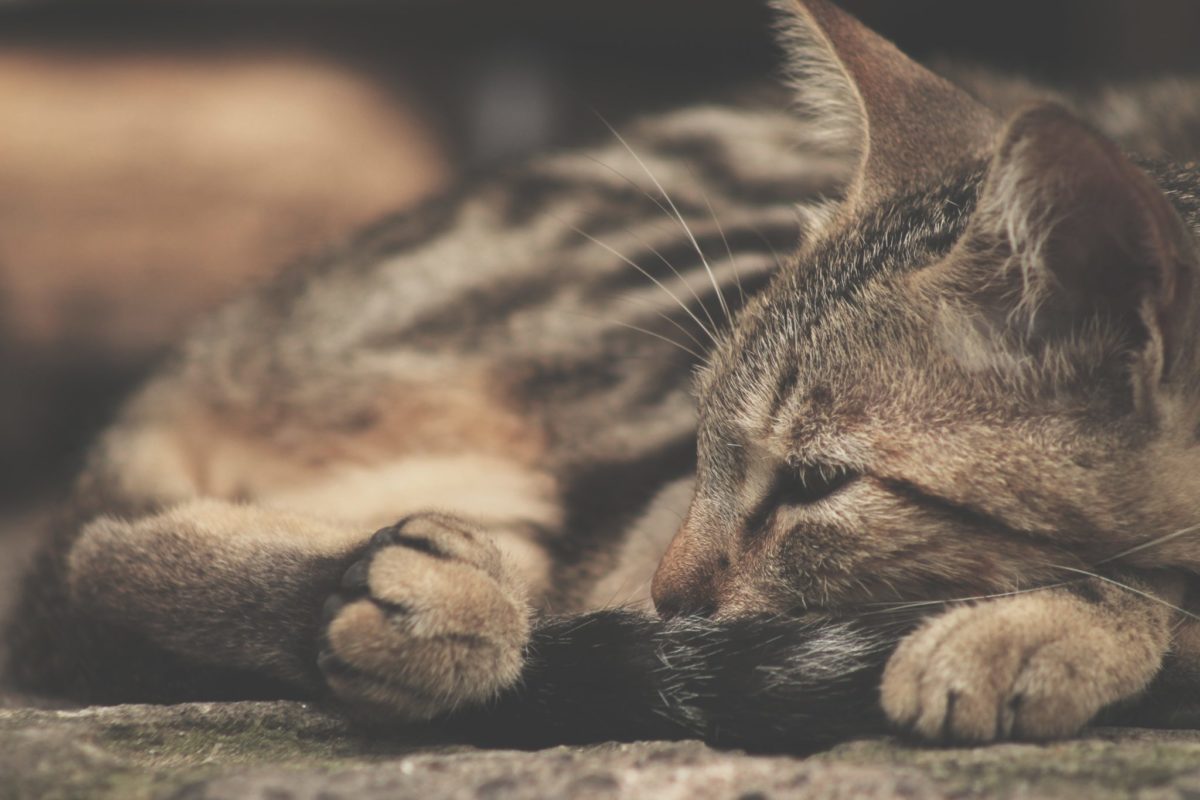Can Cats Get Parvo Or Distemper

The feline panleukopenia and the canine parvovirus CPV belong to the Carnivore Protoparvovirus species.
Can cats get parvo or distemper. Mary Fuller a veterinarian from Minneapolis Minnesota. When to take a kitten with panleukopenia to the vet. Parvo in Cats.
Do cats get parvo. The class of viruses called parvovirus causes both feline distemper and canine parvo diseases. The feline distemper vaccine can be administered to a kitten as young as 6 weeks old and is often repeatedly given until the kitten is 16 weeks old and then at regular intervals during their adult life.
Cats can catch the virus from items in the environment including food dishes water bowls litter trays and boxes bedding and human hands or clothing. Feline distemper or panleukopenia is caused by a virus that almost every cat comes into contact with early in their life. However the vaccine for canine distemper will not prevent feline distemper nor vice versa.
The virus can also be passed on by humans who have not properly washed their hands after handling an infected cat or an infected cats belongings such as bedding dishes or grooming equipment. Yes parvo in cats is transmissible to other unvaccinated cats. Parvoviruses do primarily affect kittens and puppies but cats and dogs of any age can be affected if they are unvaccinated or havent previously been exposed.
Can kittens get parvo virus. Consequently if a cat has been in contact with a dog who has parvo the cat should be considered potentially contagious and quarantined from other animals for at least several weeks. Parvo in cats is also referred to as feline distemper and feline panleukopenia.
Feline distemper also known as feline panleukopenia is caused by an extremely contagious and potentially fatal virus called feline parvovirus FPV. Feline distemper is spread through any type of body fluid but most commonly by accidental ingestions of feces. Make sure the puppy has had at least one set of shots at least 2 weeks before.
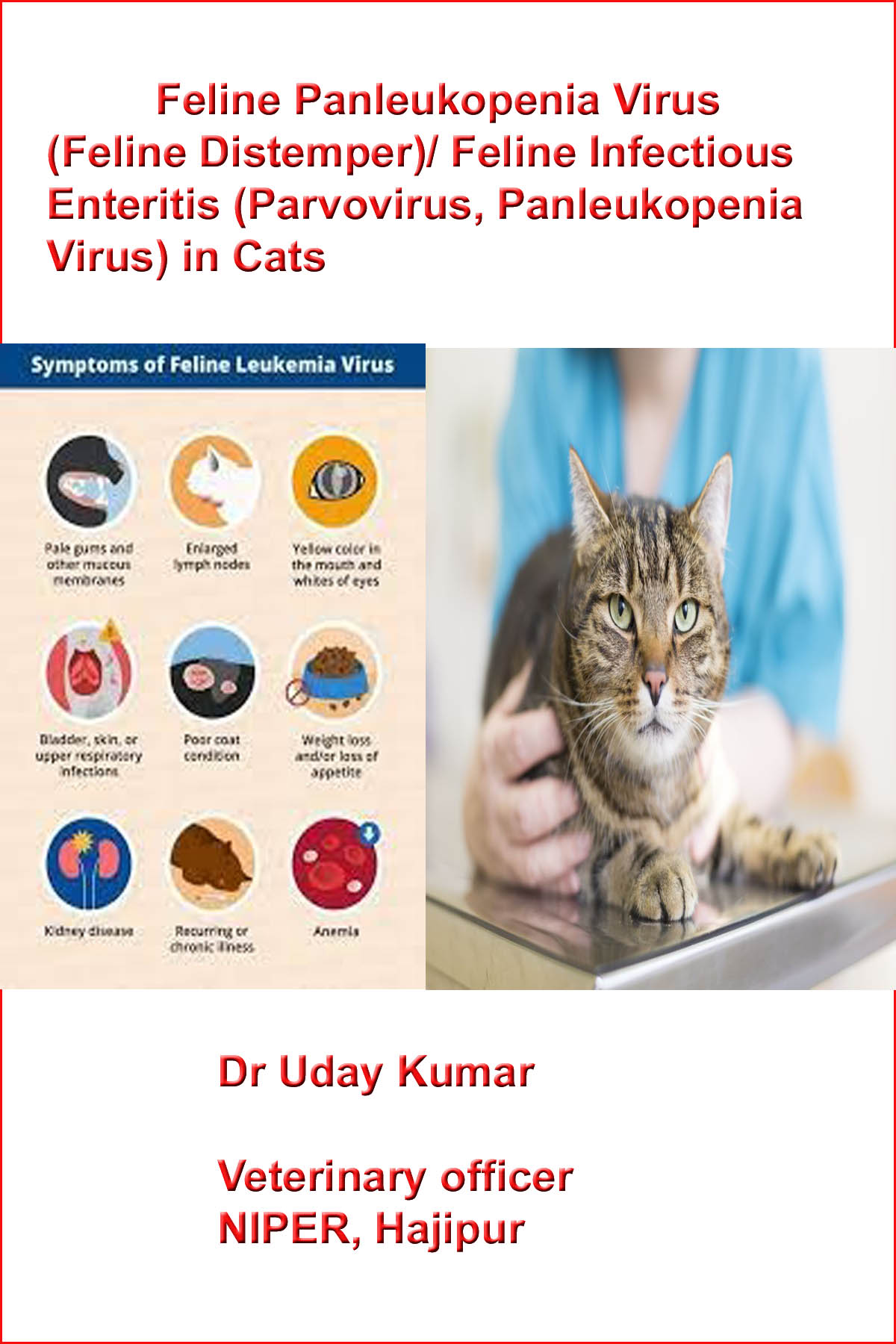
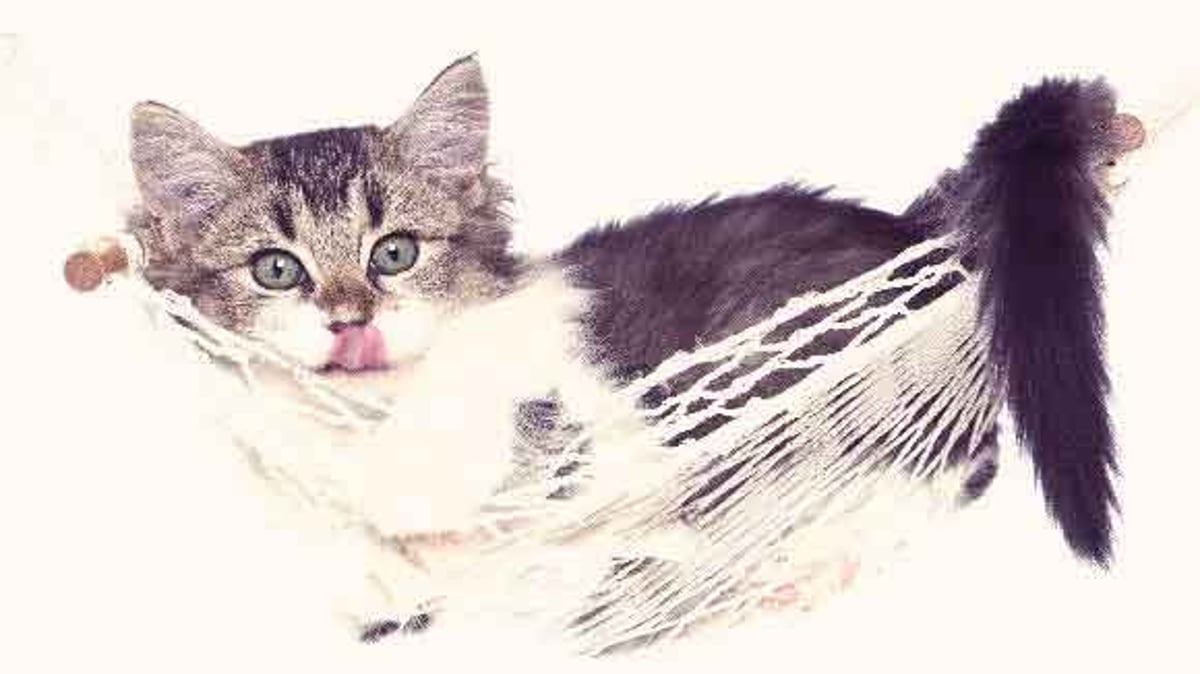
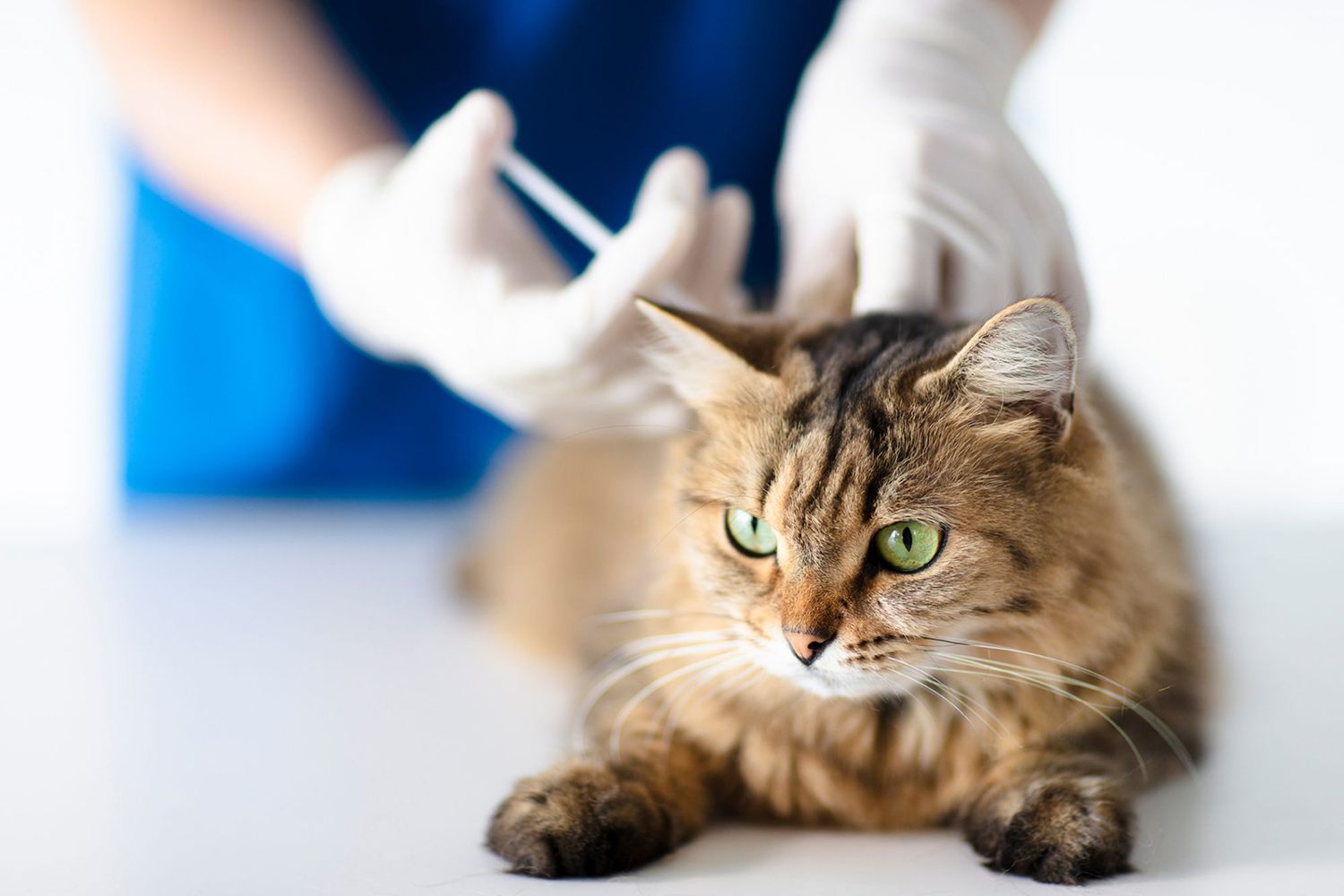

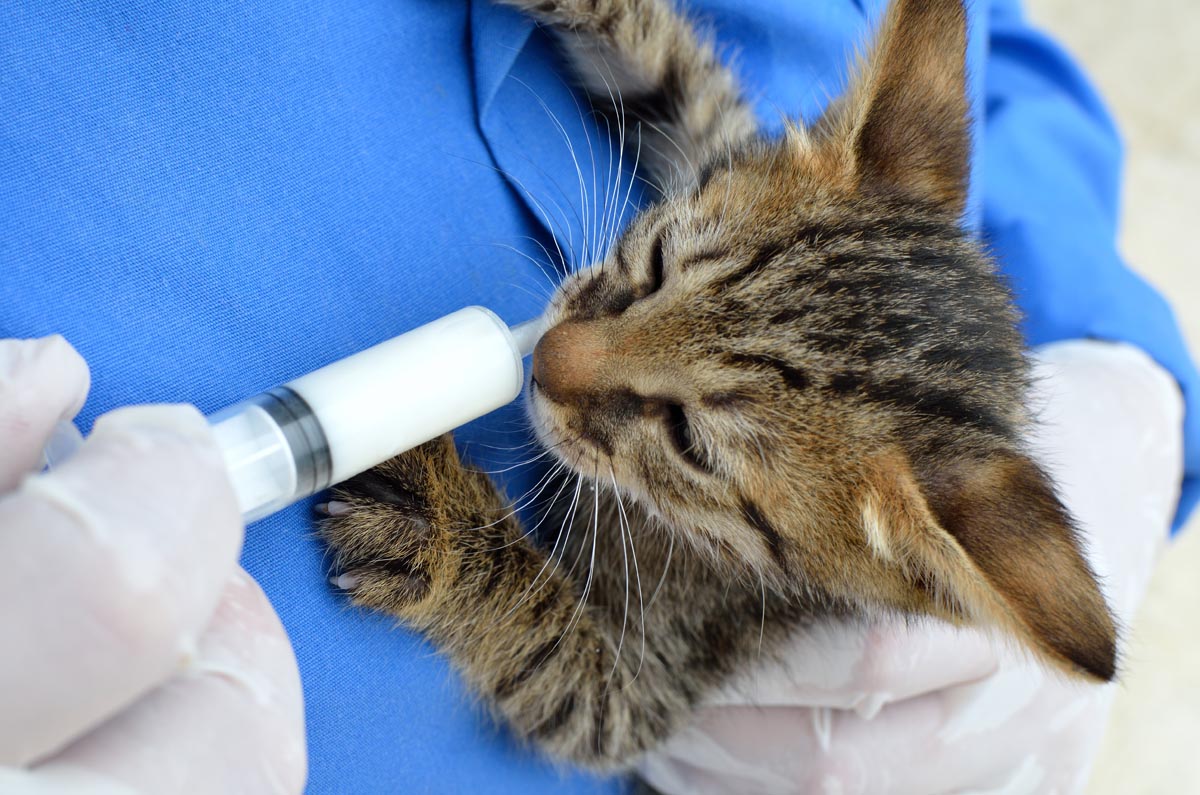

-Step-12.jpg)











